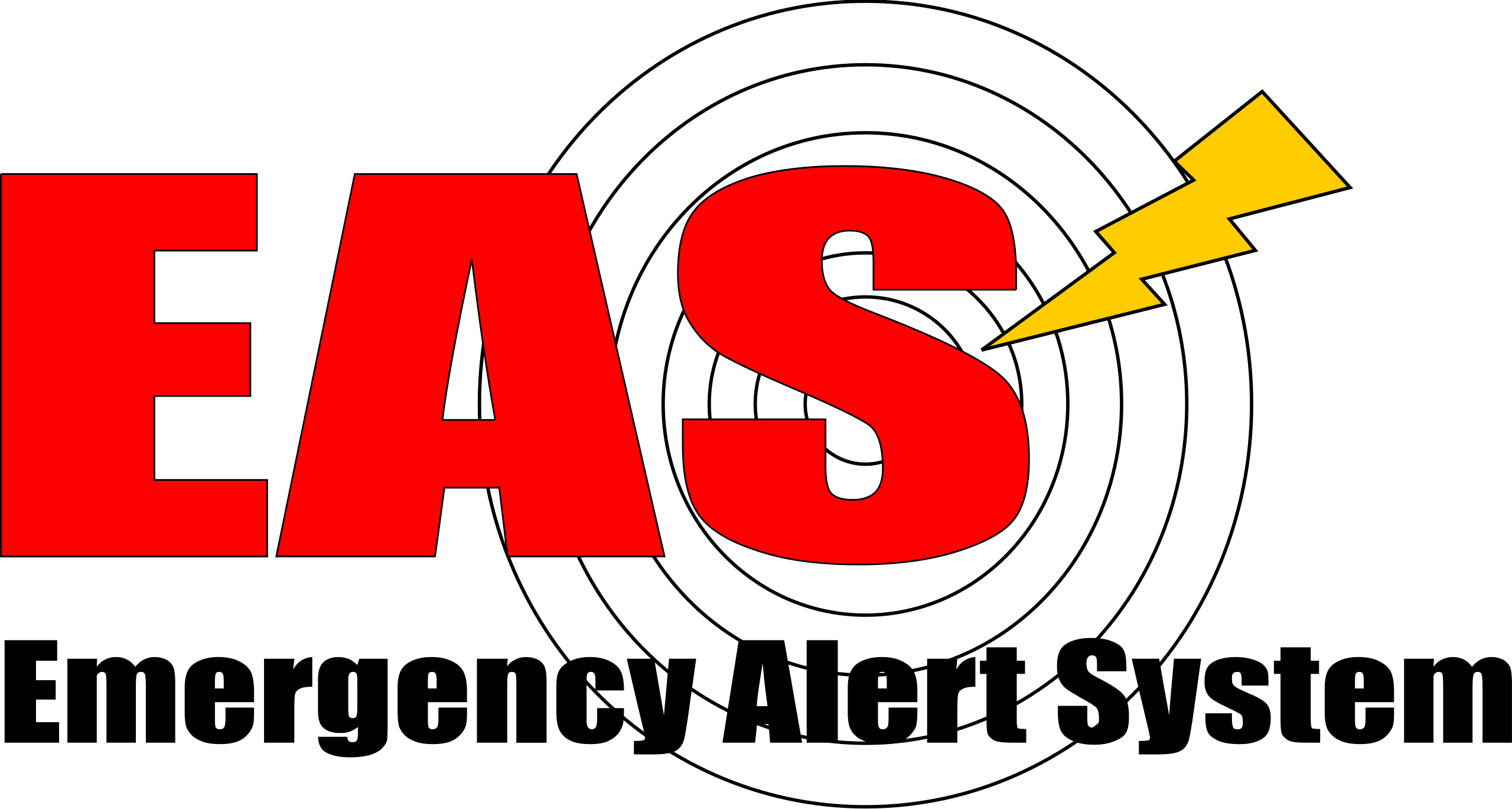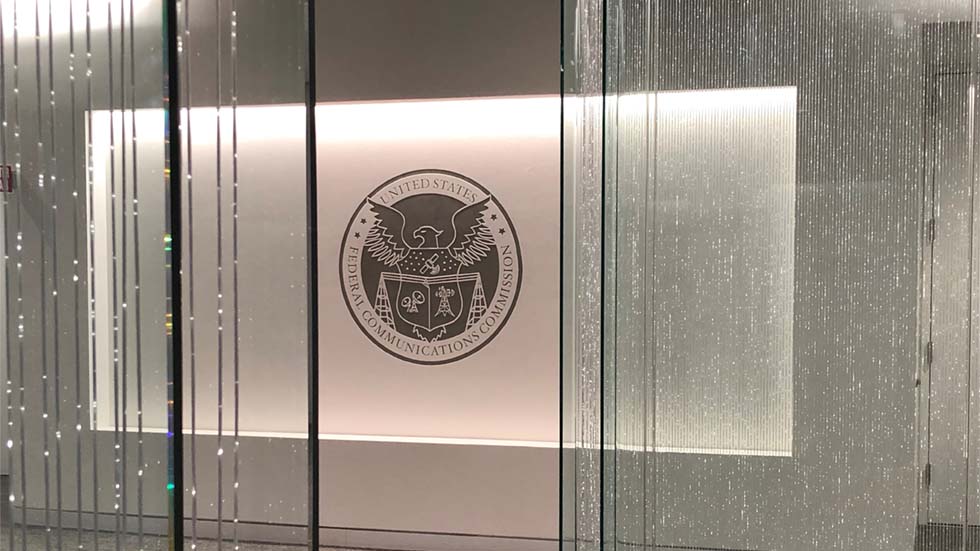FCC Moves to Simplify Sending Multilingual Emergency Alerts
The FCC plans Feb. vote on a Notice of Proposed Rulemaking to make it easier to send multilingual alerts over TV and radio

WASHINGTON, D.C.—As part of its tentative agenda for the February Open Commission Meeting, Federal Communications Commission has announced that it will vote on a proposal to increase the accessibility of the Emergency Alert System by making it easier for TV, radio and other outlets to send multilingual emergency alerts.
At the Feb. 15 meeting, the FCC will consider a Notice of Proposed Rulemaking intended to simplify the process for alert originators to send multilingual emergency alerts over television and radio. (PS Docket No. 15-94).
The FCC said this Notice of Proposed Rulemaking seeks to remove technical and logistical barriers associated with the translation of EAS alerts by creating templates or pre-scripted alert messages that have been pre-translated into non-English languages and prerecorded audio files. These messages can then be initiated by alert originators for distribution to the public by the TV and radio broadcasters, cable service providers, and other “EAS Participant” services that make up the EAS public alert distribution system.
The FCC said that its proposals aim to:
- Make it much easier to issue multilingual EAS alerts by creating template alert scripts that would be pre-translated into the 13 most commonly spoken non- English languages in the United States (based on U.S. Census data) – Spanish, Chinese, Tagalog, Vietnamese, Arabic, French, Korean, Russian, Haitian Creole, German, Hindi, Portuguese, and Italian – as well as in English. These pre-translated template-based scripts and audio files would be produced by the Commission, and would be pre-installed in the EAS equipment operated by EAS Participants.
- Seek comment on the feasibility of developing and implementing American Sign Language (ASL) versions of the template alerts, including how ASL translations of the template script would be processed and displayed.
- Establish a process through which alert originators can initiate template alerts, which EAS Participants that participate in state and local EAS alerting would be required to transmit on their channel(s) in the template language that corresponds to the programming content of such channel(s). The Notice of Proposed Rulemaking also seeks comment on whether to require EAS Participants to issue the template alert only in the language that corresponds to the programming content of their channel(s), or whether they should also be able to include additional languages.
The FCC said that other items for the Feb. 15th meeting include:
- Empowering Consumers to Block Robocalls and Robotexts – The Commission will consider a Report and Order and Further Notice of Proposed Rulemaking to strengthen consumers’ ability to revoke consent so that it is simple and easy, codify previously adopted protections that make it simpler for consumers to revoke consent, and require that callers and texters implement requests in a timely manner. The item also proposes and seeks comment on clarifying that the TCPA applies to robocalls and robotexts from wireless providers to their own subscribers and for the first time proposes to give consumers the ability to revoke consent and thereby stop these communications. (CG Docket No. 02-278)
- Expanding Opportunities for Wireless Microphone Use – The Commission will consider a Report and Order to revise the Part 15 and 74 technical rules to permit recently developed, and more efficient, wireless microphone technology. (RM-11821; ET Docket No. 21-115)
- Facilitating Capabilities for In-Space Servicing, Assembly, and Manufacturing – The Commission will consider a Notice of Proposed Rulemaking that would propose a framework for licensing space stations engaged in in-space servicing, assembly, and manufacturing—or “ISAM”—operations, which would facilitate the development of these novel space activities that support sustained economic activity in space and would advance opportunities for innovation in the new space age. (IB Docket Nos. 22-271; 22-272)
More information on the tentative agenda for the meeting is available here.
Get the TV Tech Newsletter
The professional video industry's #1 source for news, trends and product and tech information. Sign up below.
George Winslow is the senior content producer for TV Tech. He has written about the television, media and technology industries for nearly 30 years for such publications as Broadcasting & Cable, Multichannel News and TV Tech. Over the years, he has edited a number of magazines, including Multichannel News International and World Screen, and moderated panels at such major industry events as NAB and MIP TV. He has published two books and dozens of encyclopedia articles on such subjects as the media, New York City history and economics.

